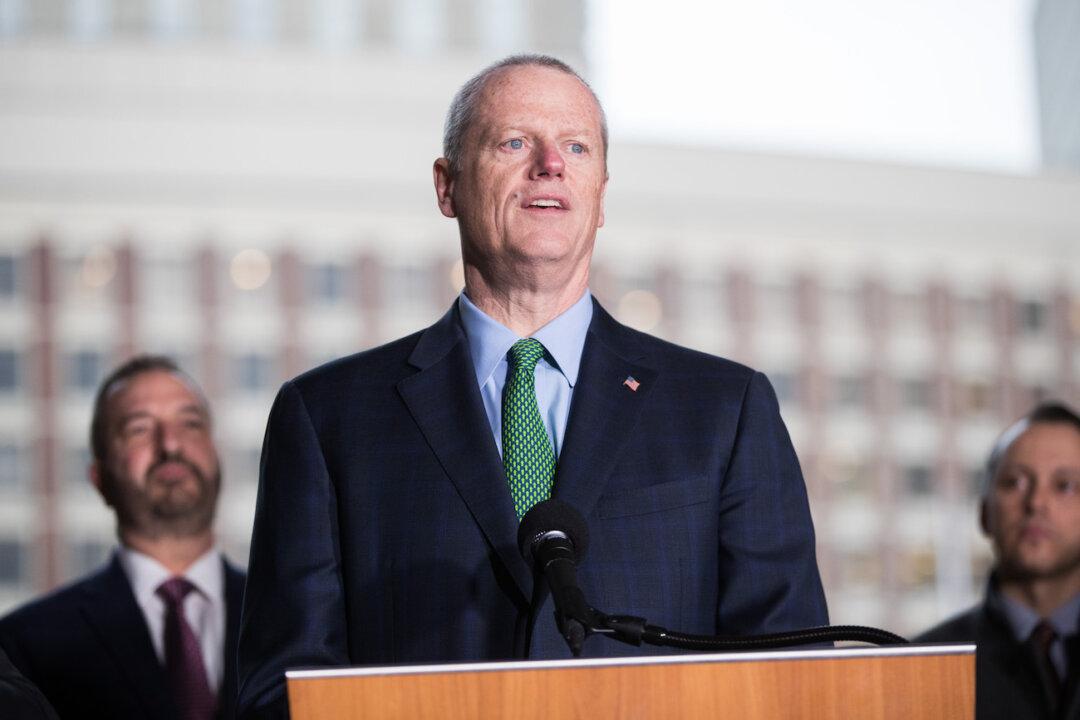Massachusetts Gov. Charlie Baker on Monday announced a range of harsh restrictions, including a nightly curfew and a requirement to wear masks even when people are social distancing.
“The simple truth is this: too many of us have become complacent in our daily lives. I know it’s hard for people to hear me say this time and time again. But it’s true. We’re doing much better than many other states in many other countries. But here, too, we’ve let down our guard and we have work to do. And that’s driving the significant sustained increase in new COVID cases,” Baker, a Republican, said at a press briefing.





